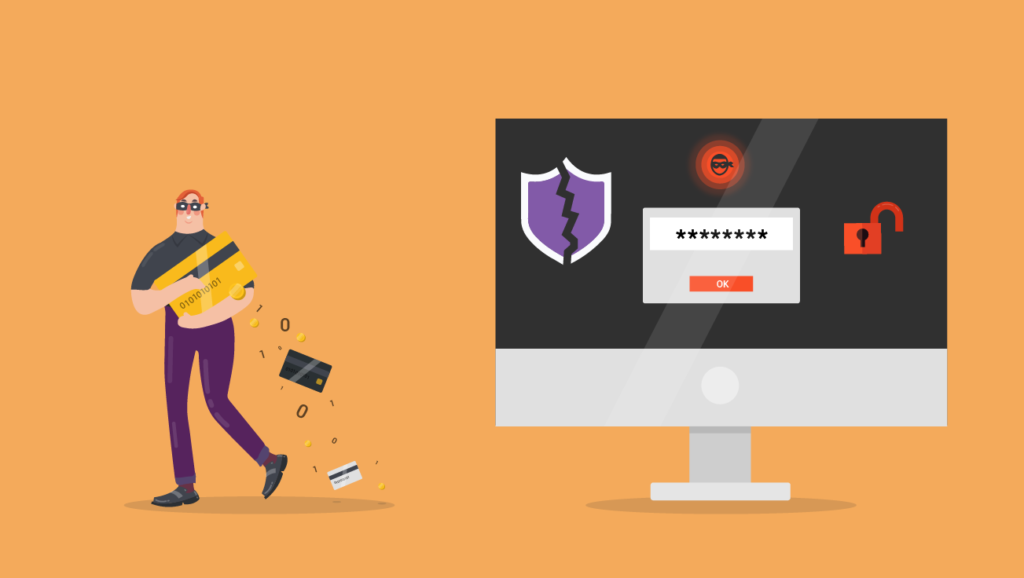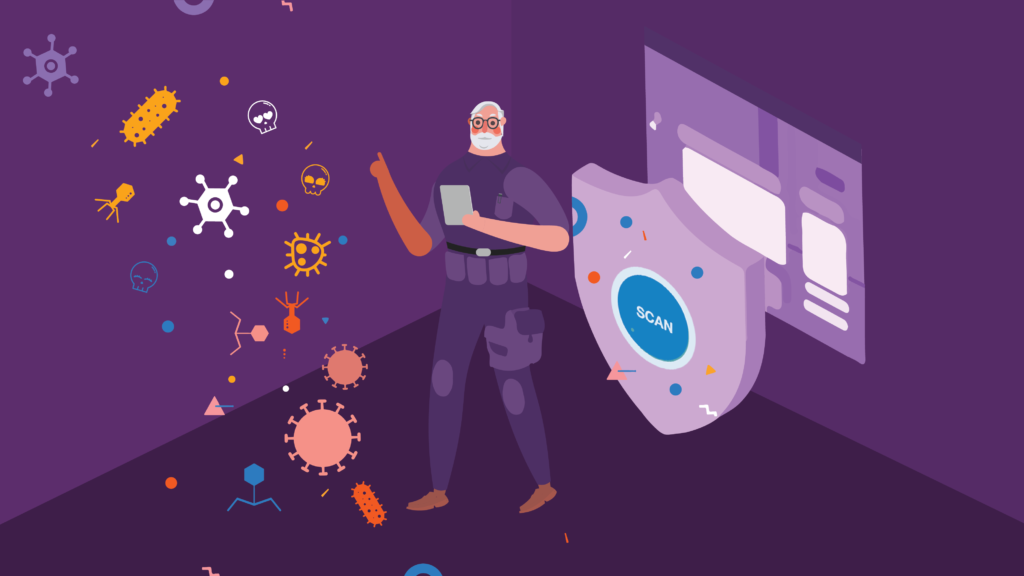Every day more companies join the different changes that digital transformation implies in their services, in order to provide greater comfort, usability and agility to their customers. However, digitalization leads to an increase in risks in terms of cyber attacks, which are growing by leaps and bounds and cover any business sector, especially the financial sector, since customer banking data is the most desired objective by hackers.
A common example is the mobile applications of the banks, the clients, without a doubt, prefer to carry out their transactions from their smartphones, for the speed and ease that it offers them. But if the necessary measures are not taken, this would be an open door for any cybercriminal to obtain information or money easily from the users and the banks.
Phishing, Ransomware, Malware, DDoS attacks and ATM attacks are terms that have become increasingly common in the financial world. This has forced security professionals to increase their efforts so that banking data remains protected and at the same time are easily accessible to users.
According to the Cisco Latin America blog, the main concerns of security professionals are: the use given to mobile devices (58%), sensitive data stored in public clouds (57%) and finally (57%) behavior of the user. It could be said, according to this data, that it will largely depend on the degree of awareness regarding cybersecurity that the user may have when handling sensitive information.
That is why education on issues of cybersecurity and privacy plays a fundamental role. Start with some tips or online security measures that can make a difference when making a bank transaction safely, and here we mention some.
How to protect your banking data from a cyber attack?
-
Keep your computer’s operating system updated: starting with the basics is the first step in improving the security of your information, especially computers. One of the most common vulnerabilities that facilitates cyber attacks are outdated operating systems. The most likely to be affected can be: Microsoft Windows Vista SP2, Windows Server 2008 SP2 and R2 SP, Windows 7, Windows 8.1, Windows RT 8.1, Windows Server 2012 and R2, Windows 10 and Windows Server 2016.
- Avoid connecting to a network Public Wi-Fi: when it comes to banking data and transactions, it is preferable to avoid connecting with a public network at all costs, in case it is very necessary, here you can read some extra security measures.
- Use Two-factor authentication: most banks have this service, it is important to take advantage of it, with this the bank will be able to verify if the account holder was connected or made any transaction, since it recognizes which devices are registered by the client.
- Disconnect or log out of the mobile or web application: if you are not going to continue using the account, it is preferable to disconnect or log out, from any of the devices you are using. A simple step that adds more difficulty to cybercriminals.
- Activate notifications by text message: it is advisable to activate notifications on the mobile to have up-to-date information on all transactions, and thus easily recognize any suspicious activity. You can also activate it (some banks already do it automatically) for notifications of high amounts.
- In case of being a victim of an attack like some ransomware, it is important to resist the impulse to pay the delinquents, since that will not ensure that the information is recovered. The most advisable thing is to call the relevant authorities so they can follow up on the case.
- Store banking data in secure applications: Data such as users, passwords, and other sensitive banking information can be stored in secure applications that allow you to keep your files encrypted. With Hushapp you can save these types of files in the Hushbox of your mobile and they will remain safe, even if your device reaches inadequate hands, only you will have access to those files. You can also send them to whoever you want from the application and they will remain protected.
We invite you to learn more about Hushapp and how we can help you protect your important information.

